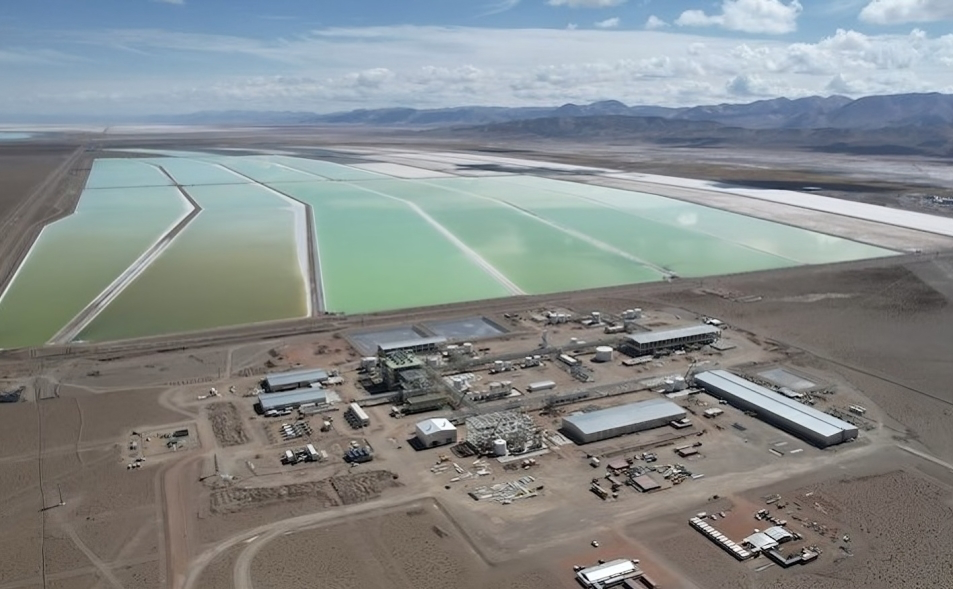French mining company Eramet is poised to become a major player in the lithium production industry. The company is targeting November 2024 for the commencement of production at its new lithium plant in Argentina’s Salta province. Eramet’s Centenario lithium project is a significant development for several reasons. First, the $870 million facility will be among the first worldwide to utilize an innovative processing system called direct lithium extraction (DLE) on a commercial scale. DLE is a promising technology that streamlines lithium production, a welcome development as car manufacturers and governments around the world scramble to secure a steady supply of this critical battery metal.
Eramet’s Project to Pioneer New Extraction Technology and Boost Argentina’s Lithium Output
The Centenario project is a significant milestone for both Eramet and Argentina. The facility’s use of DLE technology represents a major step forward in lithium production efficiency. Traditional methods can be time-consuming and environmentally disruptive. DLE offers a faster and potentially more sustainable alternative. This innovation is particularly timely considering the surging demand for lithium from the electric vehicle (EV) industry. With governments setting ambitious EV adoption targets, lithium has become a strategic mineral resource. Eramet’s project directly addresses this growing need.
Argentina is also set to benefit significantly from the Centenario project. Located within the South American “lithium triangle,” Argentina is already the world’s fourth-largest lithium producer. However, the country is poised for a significant increase in output. Several new lithium projects are slated to come online later in 2024, and Eramet’s project is expected to be the first to begin production. This will solidify Argentina’s position as a key player in the global lithium market.
Eramet Eyes Future Expansion and Eyes Opportunities in Chile
Eramet is not stopping with the Centenario project. The company is already planning for future expansion in Argentina. They have submitted permit applications for a second lithium plant with a capacity of 30,000 tons. Their vision includes building a third facility of similar size in the future. The recent passage of an economic reform bill in Argentina’s Senate has fueled Eramet’s expansion ambitions. A key provision of the bill is the “free currency exchange” which would allow Eramet to repatriate its earnings in dollars. This financial flexibility is critical for attracting further investment in the project.
Eramet CEO Christel Bories contrasted Argentina’s favorable investment climate with that of neighboring Chile. Bories pointed to Chile’s struggles in attracting new lithium projects. Despite these challenges, Eramet remains committed to developing lithium projects in Chile. The company acquired a mining concession in a lithium salt flat last year and is exploring potential partnerships with state-run Codelco on a major new lithium project. Eramet is also collaborating with junior mining companies on exploration activities.
“Our objective is to gradually build a portfolio of very early stage to more mature opportunities in Chile,” said Geoff Streeton, Eramet’s head of strategy. “We’re also conscious that that requires giving the time and space for the Chilean lithium policy to develop,” he added. Eramet’s approach acknowledges the need for a long-term strategy in Chile, and the company appears willing to wait for the right opportunities to emerge.
Eramet’s lithium production push in Argentina is a significant development for the global battery metals market. The company’s use of innovative DLE technology positions it as a leader in efficient lithium extraction. Additionally, the project is expected to solidify Argentina’s position as a major lithium producer. Also, with future expansion plans in Argentina and continued efforts in Chile, Eramet is well-positioned to become a major player in the lithium industry.
Source: Reuters



